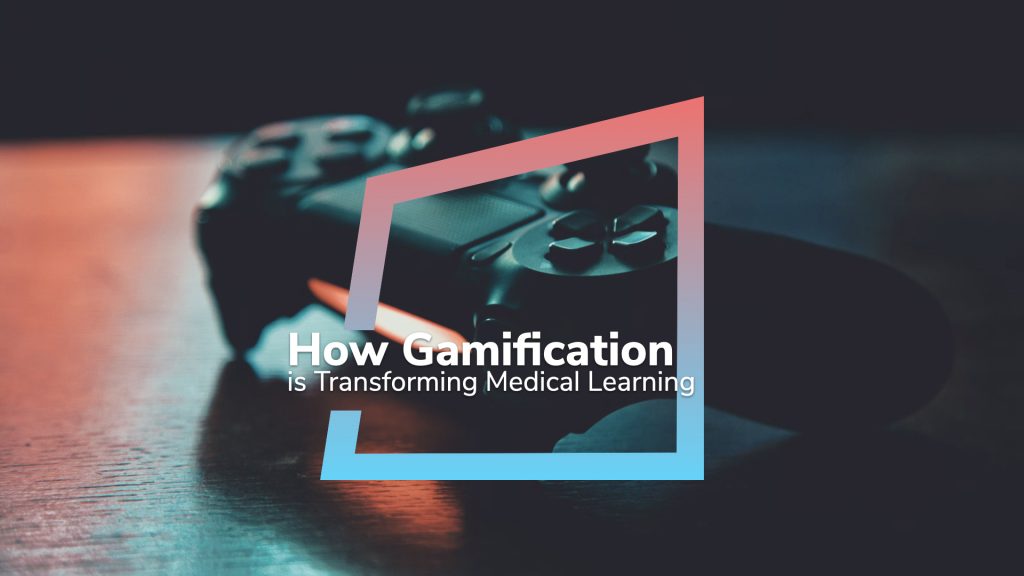
Can Gamification Make Medical Learning More Engaging?
Imagine earning points for completing a module, climbing a leaderboard, or unlocking rewards for mastering new skills. Gamification—the integration of game-like elements into learning—is transforming education.
But does it have a place in healthcare education, where precision, critical thinking, and real-world application are paramount?
Let’s explore the science and real-world applications of gamification in professional healthcare learning.
Why Gamification Captures Attention
Gamification works because it taps into intrinsic motivators like curiosity, competition, and achievement.
📊 By the Numbers:
A PLOS One study found that gamified learning increased participant engagement by 48% compared to traditional methods (PLOS One study).
This means HCPs are more likely to complete training, retain information, and apply their knowledge effectively.
Why Gamification Works in Healthcare Education
✅ Active Engagement – Game elements create a sense of challenge, prompting learners to stay focused.
✅ Immediate Feedback – Leaderboards, badges, and rewards provide instant reinforcement, helping learners track progress.
✅ Retention Boost – Linking new information to enjoyable experiences improves memory and application.
A Stanford Medicine report found that interactive, game-based learning increased information retention by 60% compared to passive methods (Stanford Medicine).
How Gamification is Used in Healthcare Training
1. Case Challenges: Competitive, Real-World Scenarios
🔹 HCPs compete to solve clinical cases, applying knowledge in high-stakes, realistic situations.
2. Skill Mastery Levels: Tiered Certifications
🔹 Learners unlock progressive skill levels, earning badges or certifications as they master complex topics.
3. Interactive Quizzes: Engaging Knowledge Reinforcement
🔹 Game-like question formats, such as timed quizzes and scenario-based decision-making, help reinforce clinical guidelines.
Real-World Success: Gamified Medical Training in Action
A leading medical training platform integrated gamified quizzes into its e-learning courses.
📈 The results?
✅ 60% increase in course completion rates.
✅ Higher engagement levels.
✅ Greater confidence in applying knowledge to real-world scenarios.
This proves that thoughtfully designed gamification doesn’t just make learning fun—it enhances clinical readiness.
Key Takeaways
✔ Gamification effectively engages HCPs by making learning interactive and rewarding.
✔ Immediate feedback, challenges, and competition improve retention and skill application.
✔ When designed with purpose, gamification balances fun with educational impact.
Is Gamification the Future of Healthcare Learning?
We design innovative, interactive learning solutions that combine gamification with real-world application.
📩 Get in touch today to explore how we can bring an immersive visual element into your training programs!